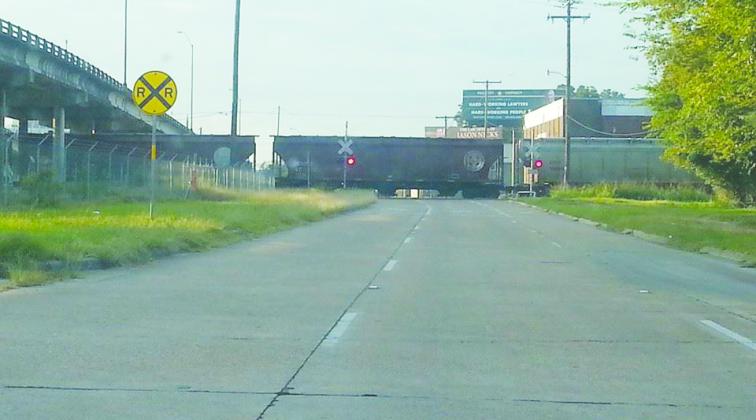The Texas Attorney General Office has joined in U.S. Supreme Court in an attempt to stop railroads from allowing stopped trains to block traffic indefinitely. In the Indiana-led litigation, several states have signed on to agree that the unfettered freedom of the railroad to block roadways “has important implications for commerce, transportation and the ability of local emergency services to carry out their duties in a timely manner.”
In State of Ohio v. CSX Transportation, the Ohio Supreme Court recently held that an Ohio “anti-blocking” law that prohibits railroad companies from allowing their stopped trains to block railroad crossings for more than five minutes was preempted by federal law. Texas and other states argue that the Ohio Supreme Court is wrong.
Similar cases have popped up across the country, due in large part to two federal laws: the Federal Railroad Safety Act, enacted in 1970, and the Interstate Commerce Termination Act, enacted in 1995.
“While these two statutes do grant the federal government some authority over the regulation of the railroad industry, nowhere do they strip power from the states to enact anti-blocking laws,” the Texas AG’s Office publicly released in a statement regarding the legal battle.
“To the serious detriment of communities across the country, some courts have unjustifiably expanded the scope of the two federal laws and allowed blocking to become all too prevalent,” the release reads. “Beyond simply being an inconvenience to commuters, blockings have historically imperiled the ability of local emergency services to aid those in need.
“In recent years, too many emergency vehicles have arrived too late to save lives; too many EMTs have risked life and limb climbing over trains to reach those in need; too many fires have burned while emergency crews detoured miles out of the way; and too many communities have been bisected for days waiting for train crews to unblock intersections. Blocked grade crossings have serious – sometimes life-threatening – consequences for everyday Americans.”


